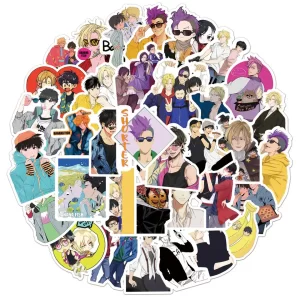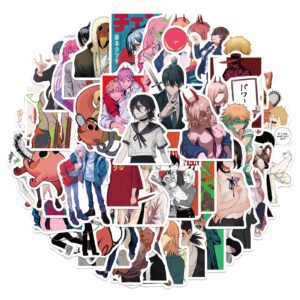As of last year, gaming has become the most popular and profitable form of entertainment. The gaming industry serves over 2.3 billion gamers worldwide and generated 134.9 billion dollars in revenue throughout 2018. This means that for the past 2 years running, they’ve bested movies, TV and digital music in annual revenue.
This is a brilliant thing for gaming as an industry. Surpassing all other forms of entertainment will only mean more investment throughout gaming. The benefits of this additional cash flow are potentially endless. Everything from advancements in industry-standard hardware and software to brand new consoles and distribution methods. The games industry as a whole could gain a great deal from this interest, on a technological level.
However, while it offers great boons for the industry, it’s potentially catastrophic for gaming as a medium. For gaming as a means of delivering wholly unique entertainment experiences.
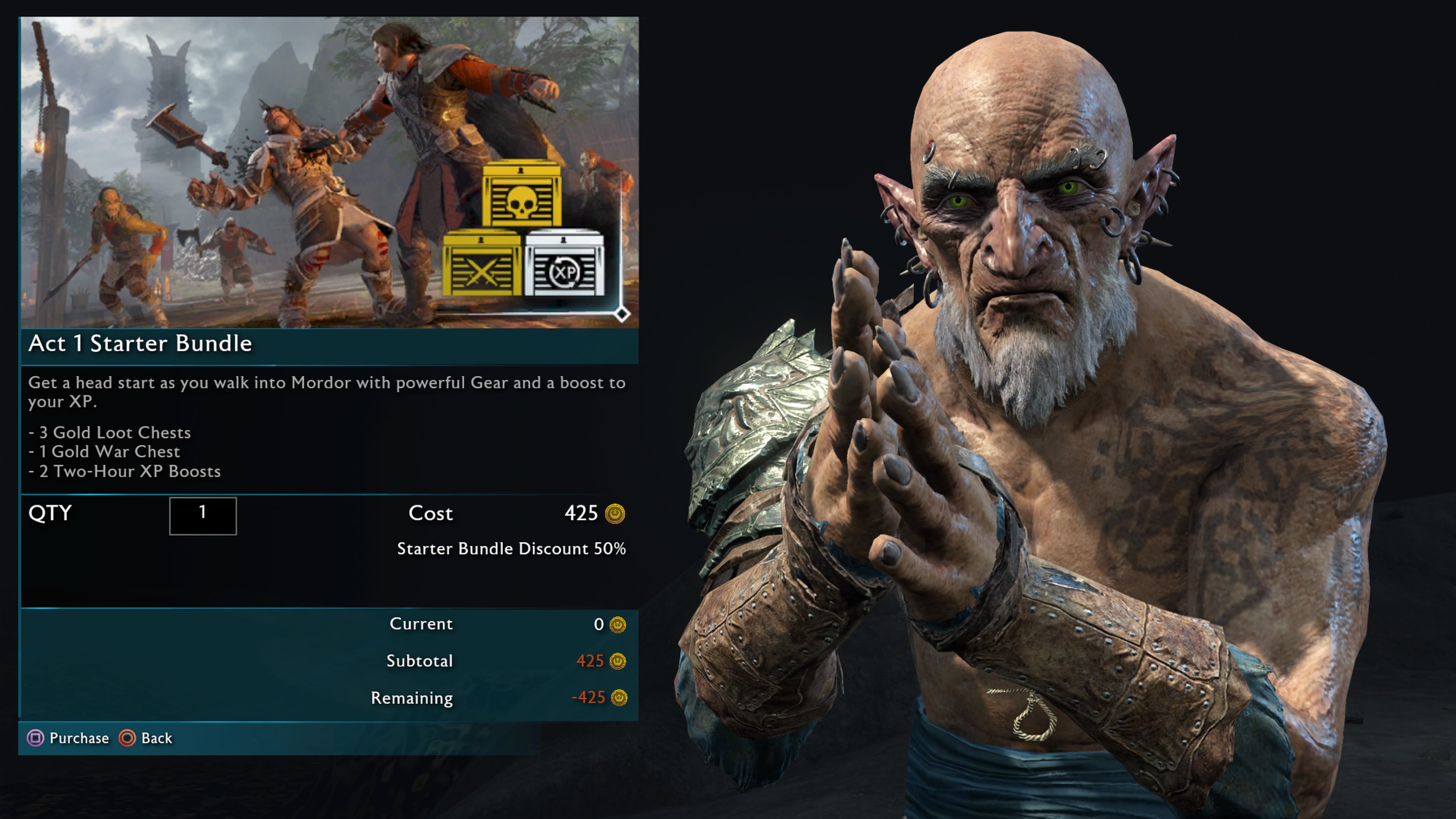

The Impact of Money on Games – DLC Practices
You can observe the worsening impact of money on games throughout their history. Initially, DLC was the only way to make additional money out of titles. It was perfectly justified, as the DLC was often a worthwhile addition, deserving of its asking price.
This changed over time, though. The DLC itself worsened, as demonstrated by Oblivion’s notorious horse armour. Developers also started cutting content out of games to be resold as DLC, sometimes as early as launch day. It was no longer making additions to games, just charging extra for the same amount of content.
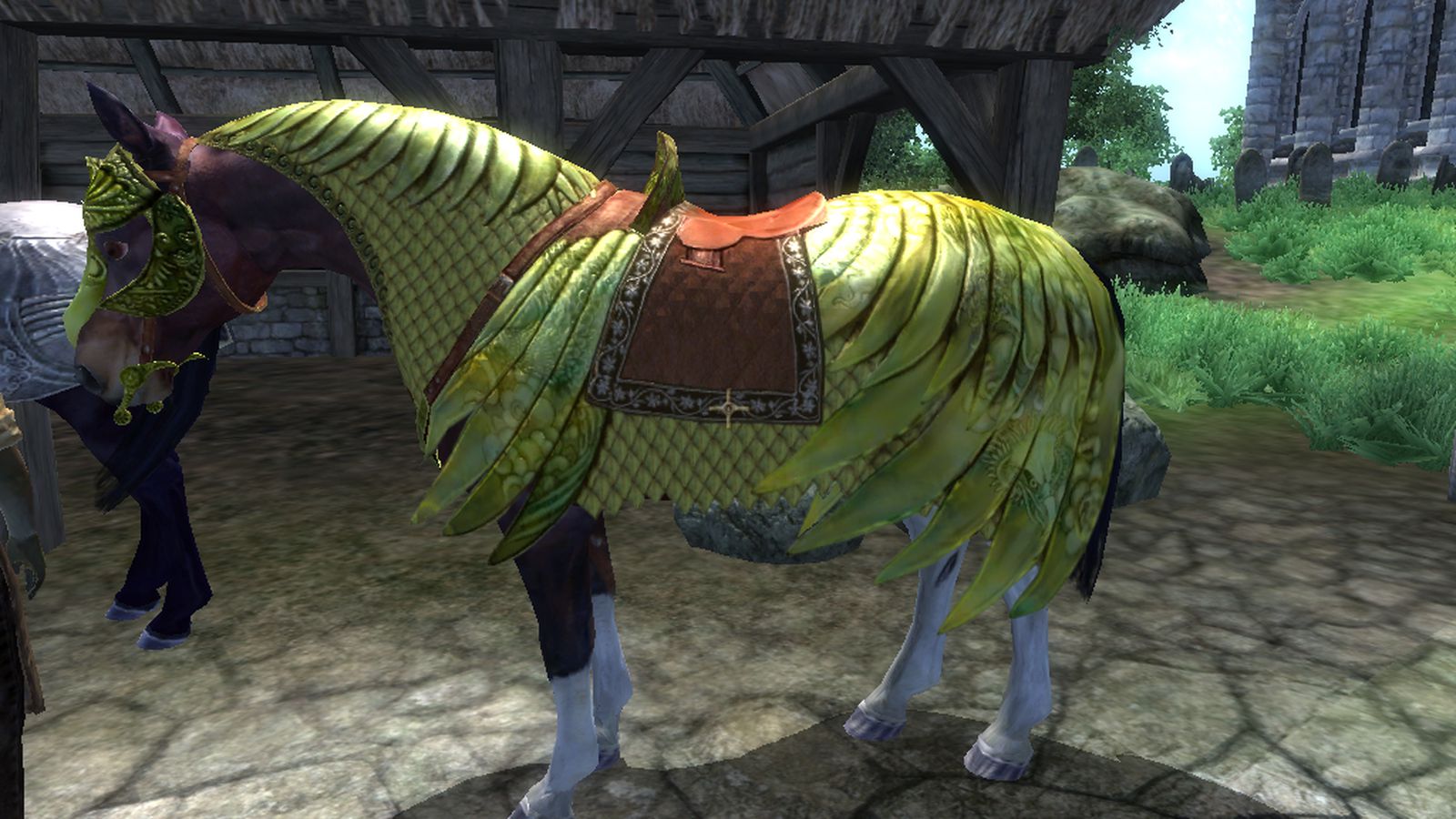

This then became day-one patch culture, where developers realised that they could delay fixes as well as content. Games were pushed out unfinished and touched up with patches and DLC well after people had paid for them. Of course, that’s only if they made their initial money. Some titles were sent out unfinished and stayed that way.
The Impact of Money on Games – Micro-Transactions
Micro-transactions have worsened similarly. First appearing in free-to-play games, they were a way for developers to make money from loyal fans, while still serving those that couldn’t afford to pay. This allowed a much greater player-base for multiplayer titles, which many of them needed to survive. Titles like League of Legends owe their success to this model.
While this can get problematic once they start offering gameplay advantages, it’s ultimately the price you pay for free games. It’s once this practice made its way to full-priced Triple-A titles that it became problematic.
It began with more cosmetic options, with costume DLCs and other accessories being folded into games. Unlike DLC though, this content existed just out of reach, in the games themselves. This practice became normalised, to the point where many will defend it.
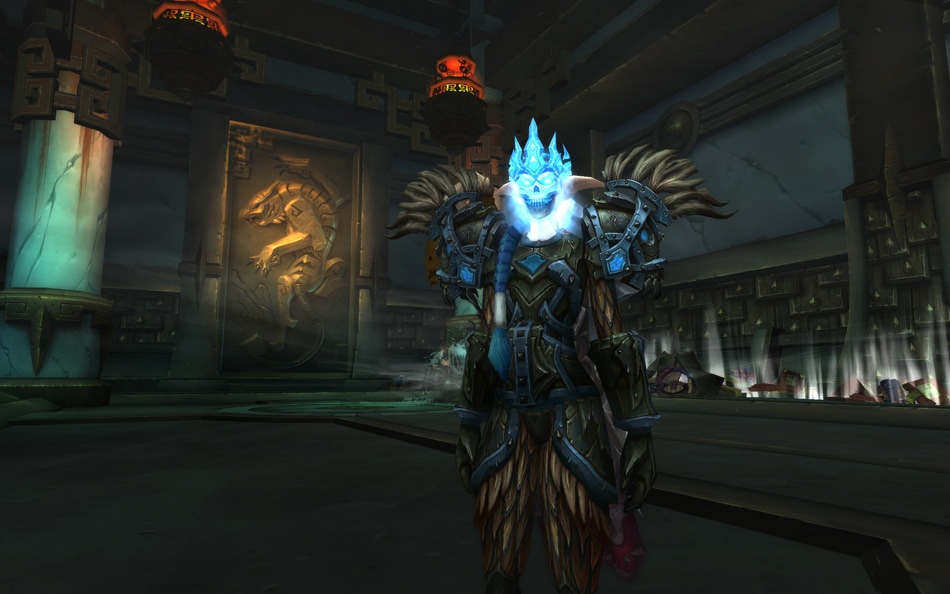

Once it was acceptable, developers then evolved the concept further, selling gameplay advantages as micro-transactions too. Titles like Middle Earth: Shadow of War, Dead Space 3 and Deus Ex: Mankind Divided ruined their balancing systems to fit these things in, to the extent that Shadow of War had to rework its entire gameplay system just to remove them.
Then titles like Overwatch pushed it even further, with loot-boxes. Charging players for just the chance to get what they want, in a game they’ve already paid for. Eventually, for the first time throughout this linear nightmare, the industry hit a wall with Star Wars: Battlefront II. A game which blended all the worst aspects of its predecessors, offering pay to win loot-boxes.
Although the backlash finally became insurmountable, the pattern is evident. Games are cut apart, changed and sometimes simply ruined to fit these worsening financial practices. This kind of greed does make games worse.
The Impact of Money on Developers – Management
Corporate influences on games are apparent, but the more subtle changes occur within the studios themselves. Nowhere is this better demonstrated than in the fall of Telltale Games. What began as a studio of less than a hundred, working closely with Robert Kirkman himself to create a game of the year in The Walking Dead: Season 1, fell into ruins under toxic management.
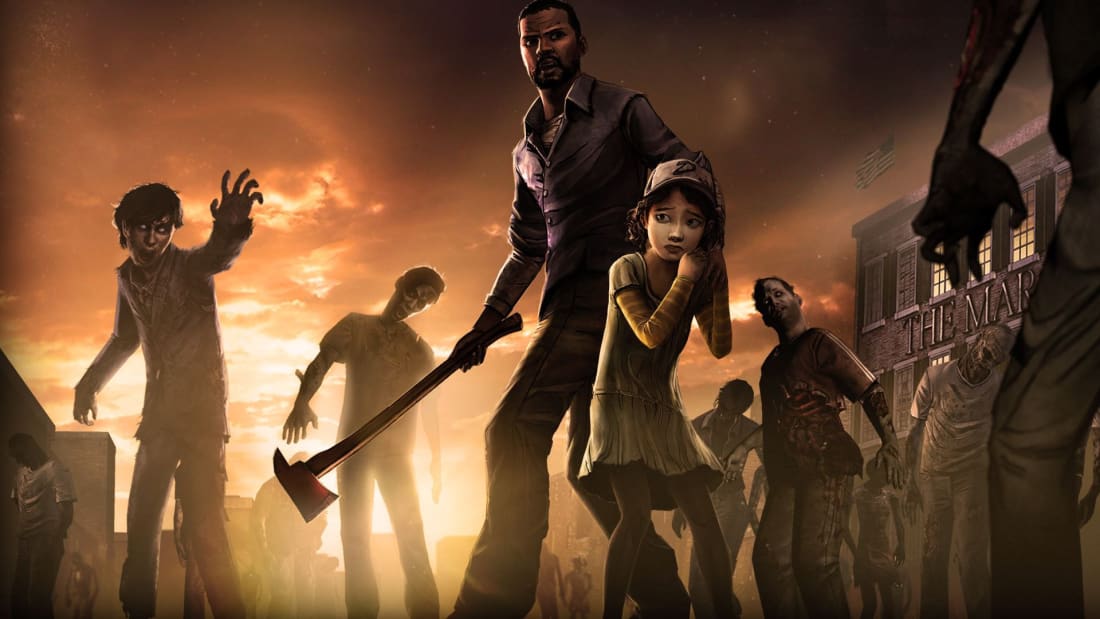
After the success of that title broke them into the mainstream, interest from companies like HBO irreversibly changed their culture. Upper management became more directly involved in the game’s development and the staff size tripled. They leaped from Indie to Triple-A, at the behest of the people who’s licences they were serving. The company started rotating developers in and out of games, demanding rewrites.
By this point, Telltale lost the developers key to that first title’s success, Jake Rodkin and Sean Vanaman. From there, Telltale’s decline is evident, to the point where it no longer exists. Its most popular series is no unfinished and mired in controversy.
The Impact of Money on Developers – Acquisitions
The only thing more damaging to a studio than corporate interest is an acquisition. When oversight worsens into ownership, the original studio is almost always lost. EA is notorious for this, buying up studios and running them into the ground.
Its list of deceased victims is long and tragic, with Visceral Studios, Mythic Entertainment, Bullfrog, Origin, Westwood, DreamWorks Interactive, Black Box Games, Pandemic and Playfish all having being bought and destroyed.
Granted, this is a viable business tactic, and certainly not one EA alone is guilty of. Buying one’s competition just to get them out of the way is commonplace. But in an entertainment medium such as gaming, it’s uniquely tragic. Even if you don’t personally enjoy the games they made, there are plenty that do. No-one should deprive them of that for business reasons.
Perhaps more tragic is what big businesses like EA do to companies while they’re still alive. Maxis, once the child of Will Wright, has been utterly destroyed. The Sims, once a passion project Will himself fought to create, is now a cash cow.
 Source: Sims 4 Original Box Art (EA, Maxis)
Source: Sims 4 Original Box Art (EA, Maxis)
Without any discounts, The Sims 4 and all its expansions cost a total of 600 dollars. For a single game. And much of the content being ‘added’ is content that was available free in previous titles. Companies like Bioware and Rare have fallen prey to the same thing. Their games are now hollow imitations and their studios have never been the same.
Obviously, this isn’t always bad. Even EA facilitated the creation of Bioware’s better titles. Regardless of how things ended, that couldn’t have been possible without their funding. However, as EA’s focus shifts towards its more profitable titles, Bioware was forced to do the same. Hence why they created a bland, multiplayer ‘live-service’ title.
How Business Sense Has Shaped the Gaming Landscape
Gaming naturally leans towards more profitable sectors. The biggest games are the ones that could get the most money out of people. That should hardly surprise anyone, as one of the goals of any company, developers included, is to make money.
The kings of gaming for much of its early days were the multiplayer shooters. Titles that could earn money after release through map-packs and weapon skins, re-released annually. Call of Duty, Battlefield and all that followed in their footsteps, snapping up scraps.
This was accompanied by sports games, doing much the same thing. Peddling player packs, while making small enough changes to justify annual iterations. Both laid the foundations for Activision and EA respectively, making them the monsters they are today.


These games were leaned into because of their potential for ‘recurrent user spending’. Not only were they cheap to make, iterating on their predecessors, but they made money well after release. Their earning potential was beyond that of most games, hence why there were (and are) so many of them.
The biggest games will never be those that appeal to a core gaming audience. Because regardless of how willing we are to reward quality titles, the general audience is far, far bigger. Sports games and military shooters made their money because they appealed to people beyond gamers. People who don’t listen to pundits saying how micro-transactions will poison the industry.
It’s those people that shape the gaming landscape. Because any game that can puncture the mainstream will see enormous success. Call of Duty, FIFA, Madden, Minecraft, Fortnite, all are big for exactly this reason. It’s exactly the same thing that made Nintendo as big as it is. Because their games appeal to a wider audience as well as gamers.
Shifting Audiences
Gaming isn’t the biggest medium now because the number of ‘hardcore gamers’ is growing. It’s the biggest because the stigma around games is being eroded by every big title like Fortnite that breaks into the popular culture. They’re becoming cool to a general audience.


That might sadden some of you, myself included, but it’s those people that will shape what games become. Because there are so many more of them, with fewer grievances about spending and much less awareness of the industry.
This doesn’t affect development on a ground level, of course. Indie developers and those just outside the mainstream like CDProjekt Red and Devolver Digital still appeal primarily to gamers. Hell, of that 134.9 billion, 47% of it was made on mobile games. So, this rise in profitability certainly won’t affect developers that appeal to gamers. Plenty of companies still do. They’re just not the largest audience for games anymore.
This means that Triple-A companies, those who create the biggest titles, aren’t trying to appeal to us anymore. The same goes for any studios they acquire or titles they publish. Their influence on the industry will pull it away from what defined it as a medium.
The Effect on Gaming as an Art
Source: Playstation.com Store
Beautiful little art-house games can still make money. Titles like Firewatch, Inside, Gorogoa and many others are capable of keeping indies afloat. Meanwhile, bigger publishers still see the merit in funding these cheaper games. They rarely lose money, considering how little they cost comparably, and are great for PR.
However, they don’t and will never make enough money to surpass film and television. So, any investors, shareholders, and executives making the leap won’t see the merit in them. There aren’t many big-budget art-house games and there likely never will be again.
This seems trite to say in the context of games, as artistic titles have always been linked to independent studios. But in other mediums like film, introspective, thoughtful or weird movies are often the most successful. Films like Pulp Fiction, Good Will Hunting, Slumdog Millionaire and (for better or worse) The Passion of the Christ have all made millions, despite being small independent and arguably esoteric ventures.
That’s simply because films only have two forms of earning potential. Theatre sales, and later physical sales. Independent and weird films have the same maximum earning potential as any action schlock movie. Hence, when indie films are marketed properly, they outperform them.
This isn’t the same in games, as no matter how many copies an artsy game like Gone Home sells, it’ll only ever sell once. It’ll never outsell GTA V, which has made over 6 billion, 78% of which was earned beyond initial sales.
Games aren’t the largest entertainment market on merit alone. They’re bigger because they can make money more than once. They can rake in billions after everyone’s bought them already. That’s investors are looking to exploit. Regardless of how big games get, the vast majority of strange and exploratory titles will fend for themselves.
Not All Doom and Gloom
Source: Russell Howard’s Good News
The purpose of this article isn’t to declare gaming dead because it’s popular now. Quite the opposite. Gaming will change as the influence of greed grows and likely not for the better. But as the industry improves both technologically and in terms of reach, better titles can be created using both. They simply won’t be created by those leading the industry.
Rather, by those loyal to the medium over the industry. By developers and publishers that still have faith in the unique experience gaming can offer. And that can still exist in the gaming landscape. Titles like God of War, Horizon Zero Dawn and most of Nintendo’s first-party library prove that.
Even those in the Triple-A space putting profit above everything are capable of quality when the stars align. EA, Konami, Activision-Blizzard, WB and all those nefarious companies have still published and occasionally created amazing games, once you get past all the nonsense.
Gaming as a medium has always been one that fights itself to produce its best work. It fights its own technological limitations, developers and studios fight publishers and budgets, it’s always a struggle. But that’s how some of the best experiences out there were made.
Enjoy this article? Find more editorials from Culture of Gaming here. Or simply follow our twitter to see when any new article goes live.









